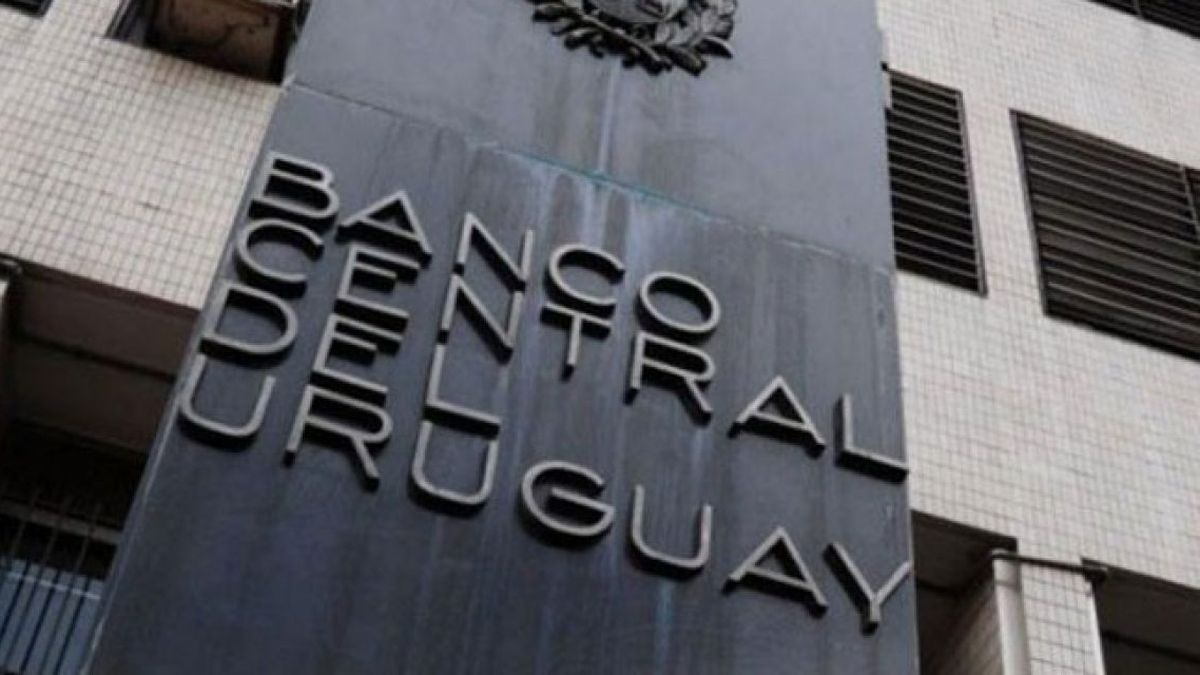The sanction applied by the Superintendence of Financial Services is above the usual amounts.
He Central Bank of Uruguay (BCU) applied a million-dollar fine, the highest so far this year by the entity, to the Santander Bank through the Superintendency of Financial Services (SSF). The financial penalty is well above the usual amounts.
The content you want to access is exclusive to subscribers.
The BCU sanctioned with more than 1.75 million pesos (over $45,000) to the Spanish private bank for having exceeded the “credit risk ceiling with related parties”, according to the observations made by the state body in the SSF reports.


At the same time, in recent months the bank received other finesas one of more than 131,000 pesos for an error in the information of the risk center, and of more than 109,000 pesos for an error in matters related to “security systems”.
Likewise, there were other smaller fines, such as one of more than 7,000 pesos for a delay in the reporting of basic savings accounts, and another of a similar amount for delays in the accounting base information, according to data from the BCU.
Global InterGold and GIG-OS could be a Ponzi scheme, according to the BCU
During the first months of the year, the BCU warned that the signatures Global InterGold and gig-os “could involve fraudulent operations based on pyramid schemes”. According to the state body, these firms are not registered nor do they have the authorization to operate by the SSF.
These companies advertise their services through social networks —through referred advertising— and different media, offering training courses or events, calling on people to save and invest, and promising returns on investment “in physical gold, cryptocurrencies, and unregistered values,” according to the BCU in a statement.
The BCU recalls that the call to the general public to apply their savings can only be done through “financial intermediation institutions authorized to receive deposits in the market or as issuer registered in the stock market registry”.
Source: Ambito




